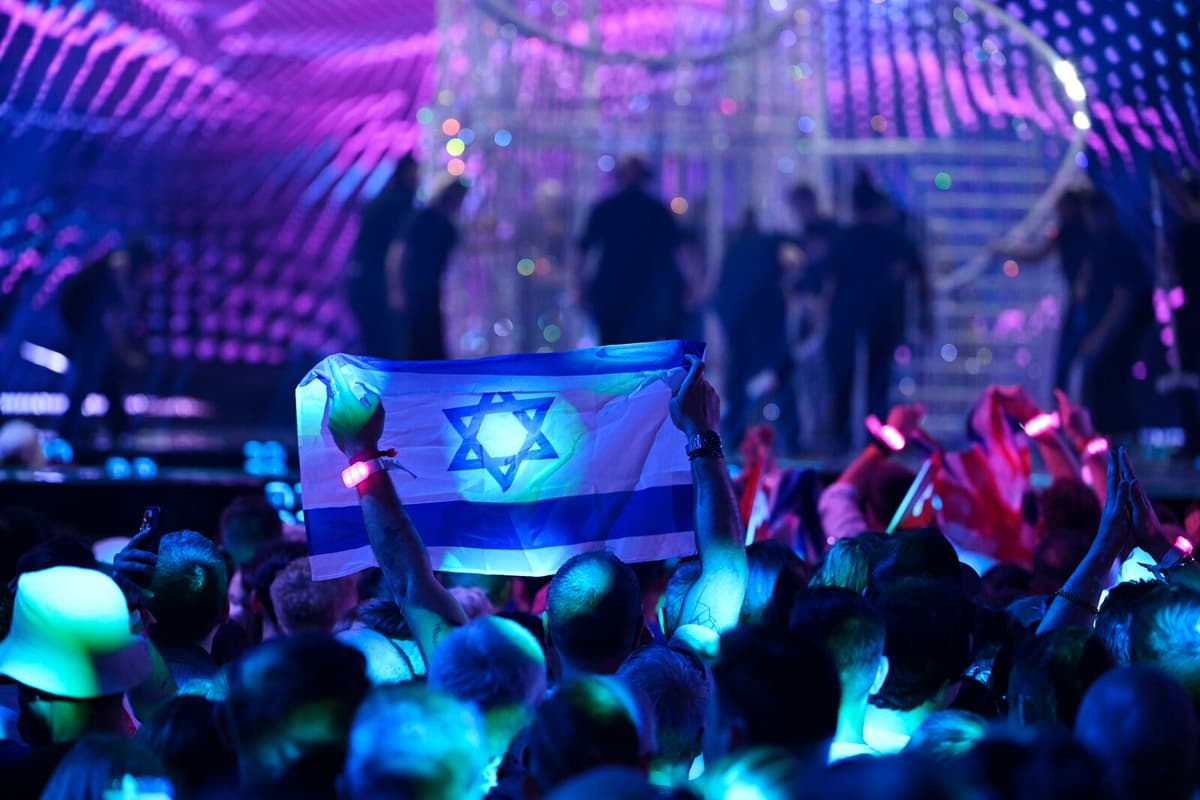In a statement to Aftenposten, the public service company writes that they believe a "democratic process" among the members of the European Broadcasting Union (EBU) will yield a better result than a boycott.
NRK wants the EBU to take a stand on whether Israel's participation damages the competition's reputation, which would then violate the rules. Furthermore, they bring up in their letter the fact that Israel has actively tried to influence the voting results in the competition and that the security measures with armed guards during the event do not "give a good impression" of Eurovision as a people's festival.
NRK's stance comes after Denmark's Radio (DR) said they will not boycott the ESC. However, the TV companies of Ireland, the Netherlands, and Spain have announced that they do not intend to send any artists to the Eurovision Song Contest (ESC) next year if Israel is allowed to participate.
Australia is coming
In Australia, the issue has also caused political debate. The Green party is demanding that Australia boycott the competition.
"Eurovision's motto 'music unites' is hard to take seriously when a participant carries out ethnic cleansing, starves civilians, and kills children," says the party's foreign policy spokesperson David Shoebridge to Guardian Australia.
However, the public service company SBS has announced that the country intends to participate again next year.
In the UK, the debate is also raging about the country's participation in the Eurovision Song Contest. When the BBC's general director Tim Davie was questioned in a committee in parliament the other day, he explained that the TV company is waiting for what the organizing EBU comes up with in the Israel issue.
SVT is waiting for EBU
The EBU has extended the registration period for next year's competition and is now conducting a "consultation" with the European TV companies before making a decision about Israel.
Eurovision has never been about politics, it should be a musical and cultural highlight that unites people. We'll see what the EBU comes up with, said Davie, according to the BBC.
SVT is also waiting in the matter and tells TT that they are waiting to take a stand until the EBU has completed its consultation.






